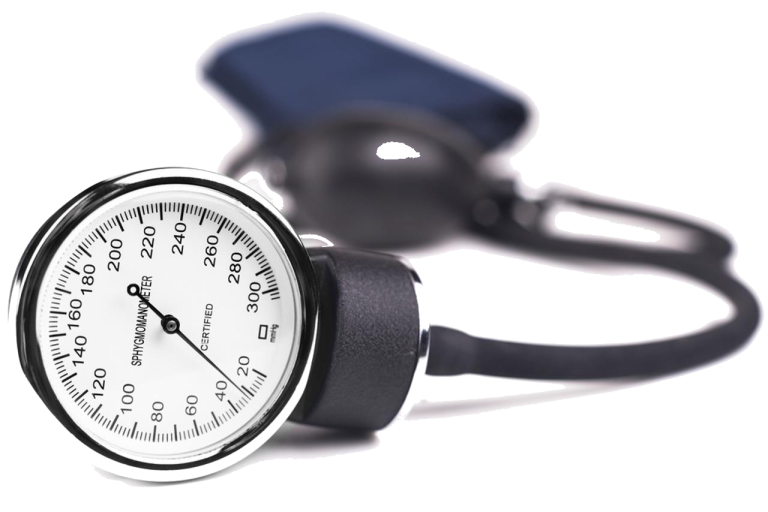High blood pressure, referred to as hypertension, stands as the foremost recognized risk factor for stroke. Blood pressure denotes the force exerted by blood against the arterial walls during circulation throughout the body, propelled by the heart’s rhythmic contractions. Typical blood pressure registers approximately 120/80. Blood pressure consistently exceeding 140/90 signifies hypertension. Hypertension imposes strain on arteries across the body, including those supplying the brain, intensifying the heart’s workload to sustain blood flow. Several mechanisms link high blood pressure to stroke:
• It weakens blood vessel integrity, rendering them more vulnerable.
• It accelerates the progression of common heart diseases.
• It precipitates the detachment of blood clots or plaques from arterial walls, potentially obstructing brain arteries.
High blood pressure corresponds to an increased risk of stroke. Understanding the exact cause of high blood pressure often proves elusive. Nonetheless, several risk factors have been associated with its development:
• Family history of high blood pressure
• Advancing age (blood pressure tends to rise with age)
• Higher prevalence among men compared to women
• Excess weight or obesity
• Excessive alcohol consumption
• Smoking
• Diabetes
• Sedentary lifestyle
• High-sodium diet
Regular checking of blood pressure is important. Controlling blood pressure is achievable through lifestyle modifications, especially through regular physical activity and maintaining a healthy weight. Following a stroke, it’s imperative for individuals to take minimal dose of blood pressure-lowering medication, even if their blood pressure appears within the normal range. Lowering blood pressure significantly diminishes the risk of stroke.
